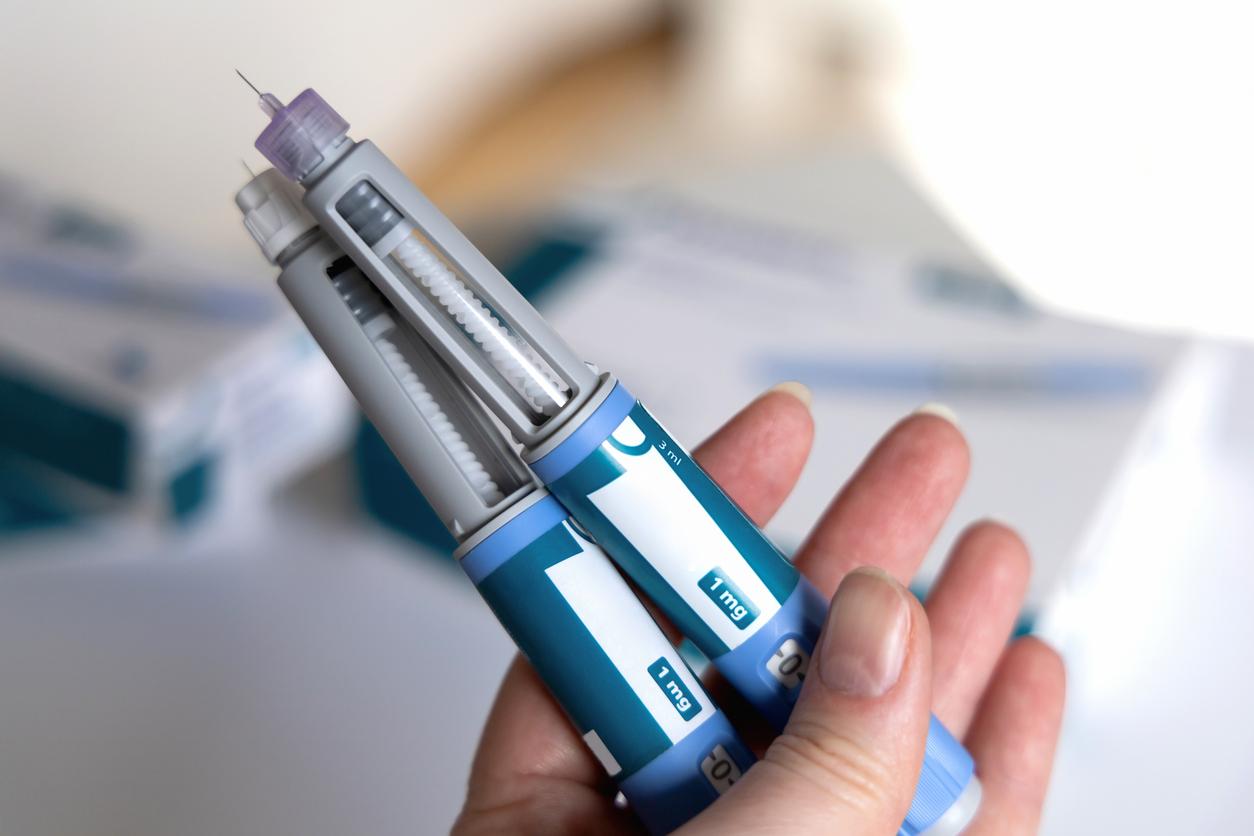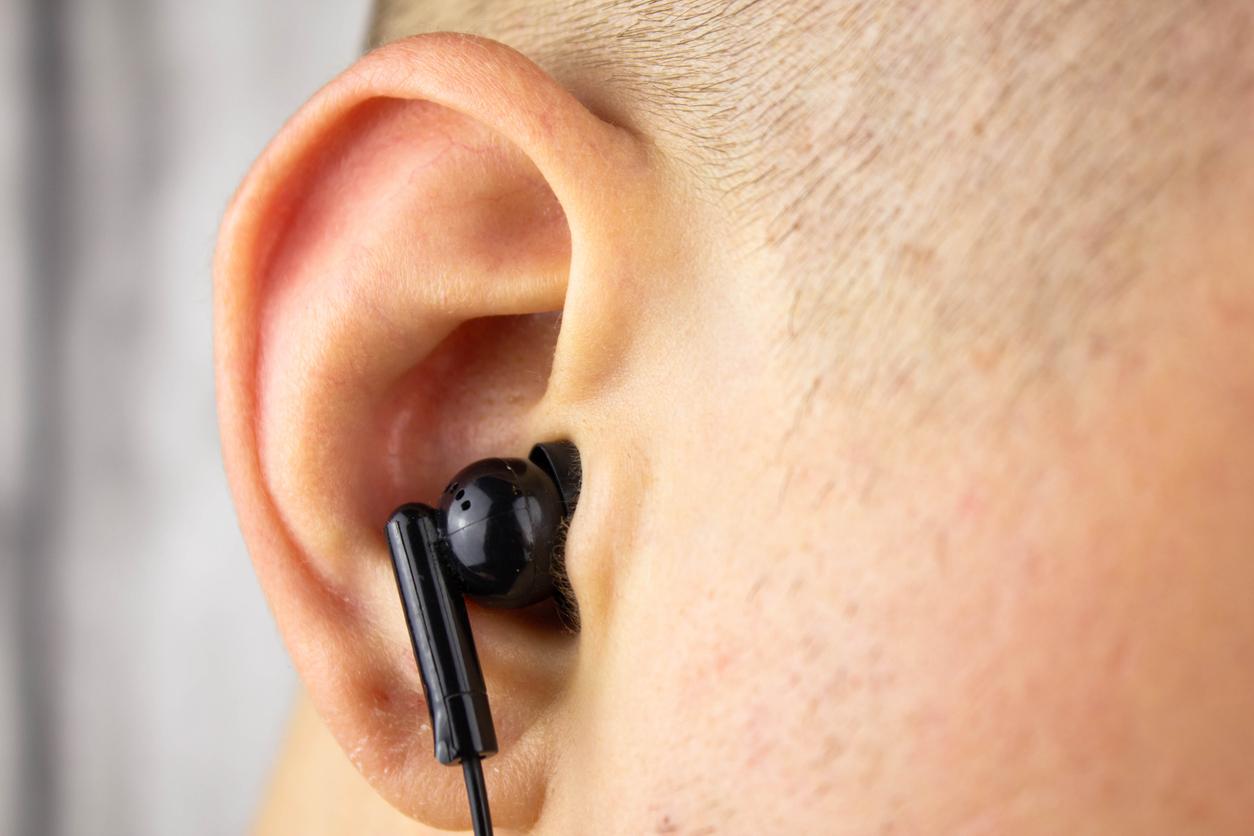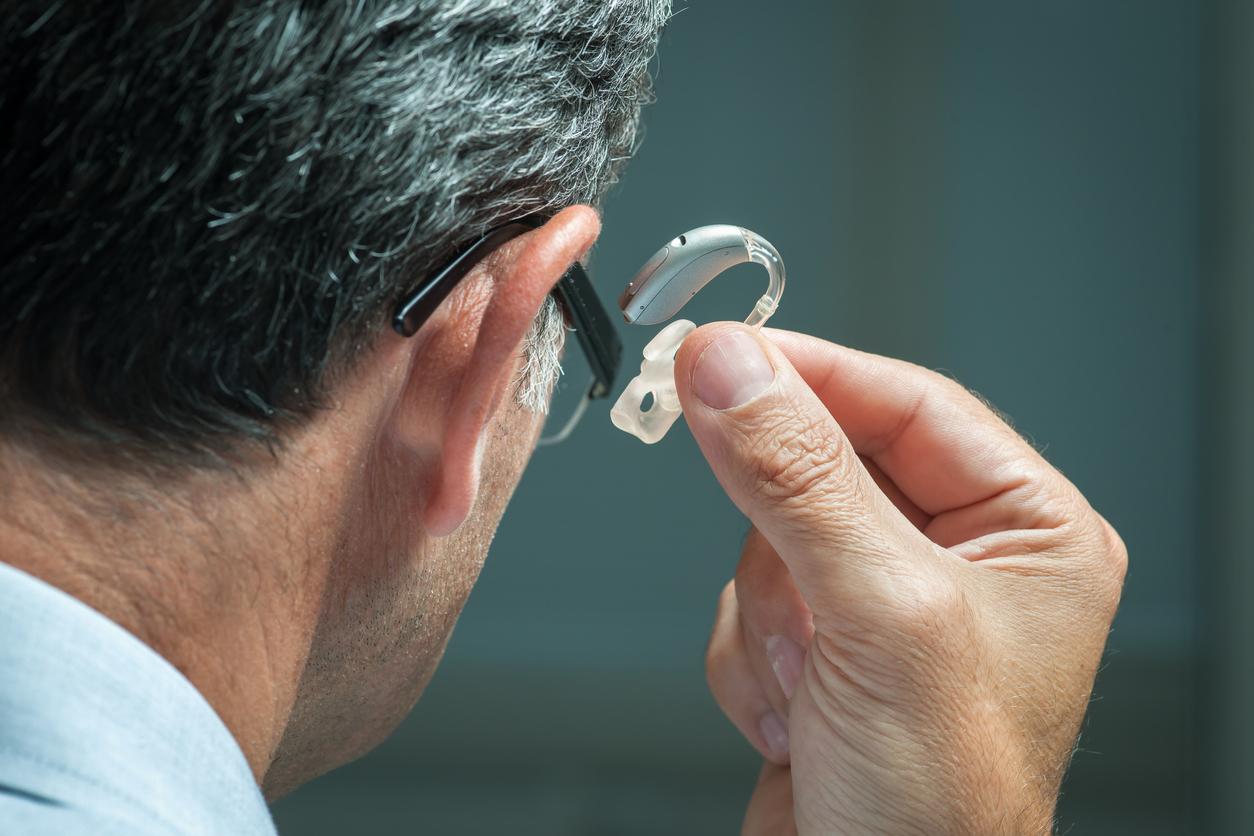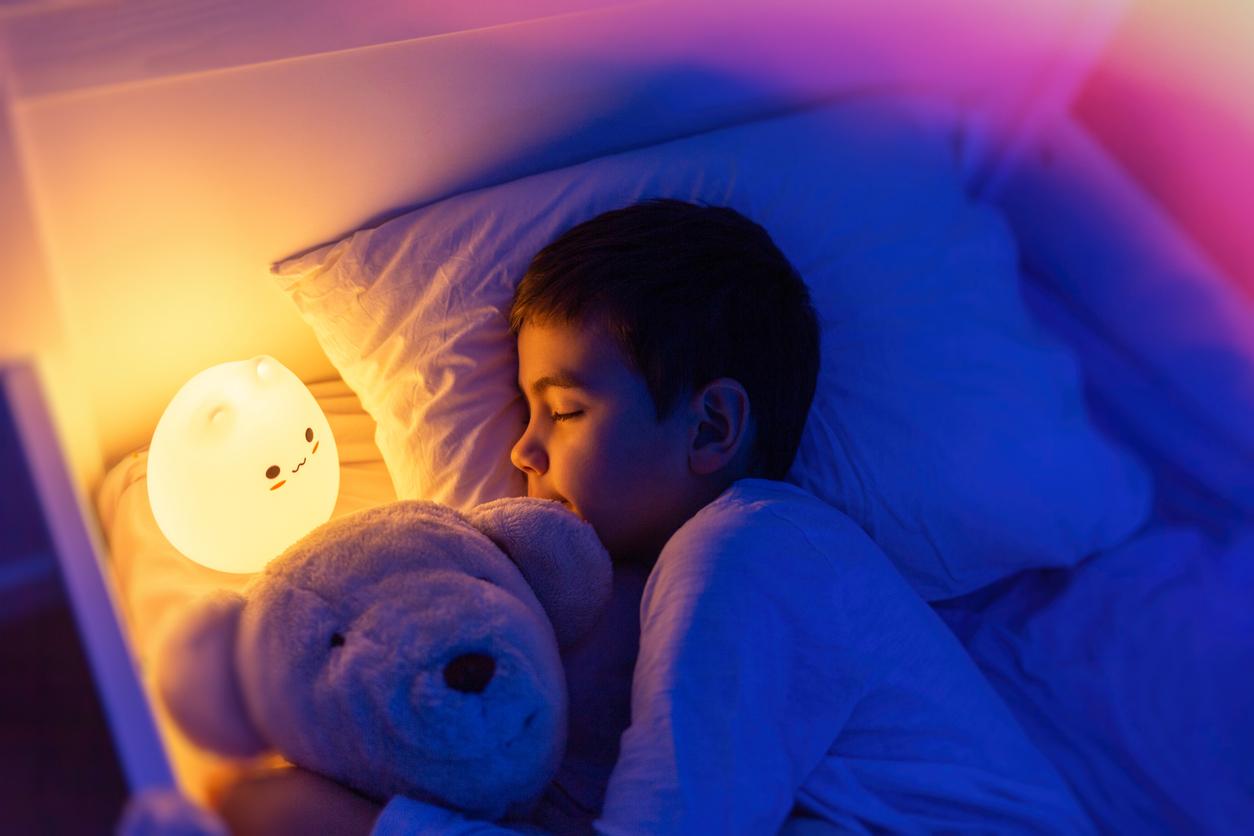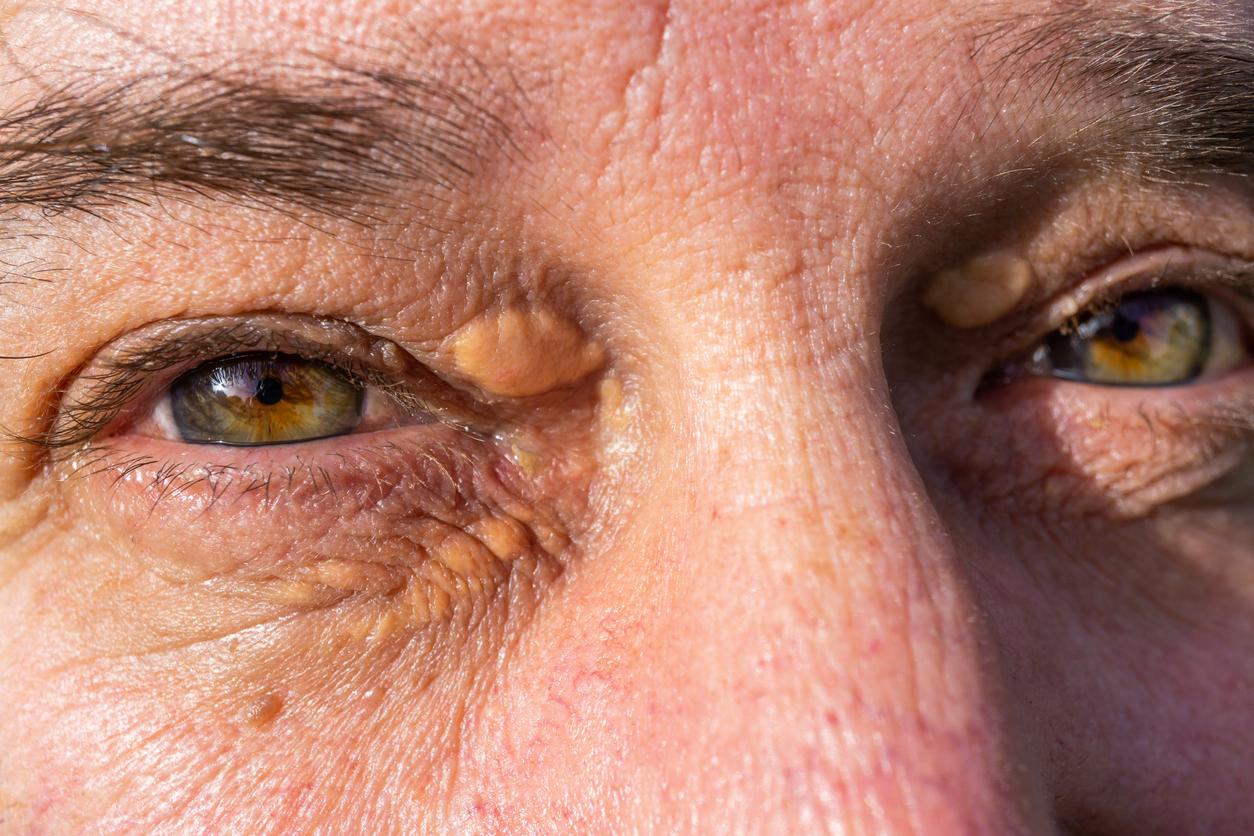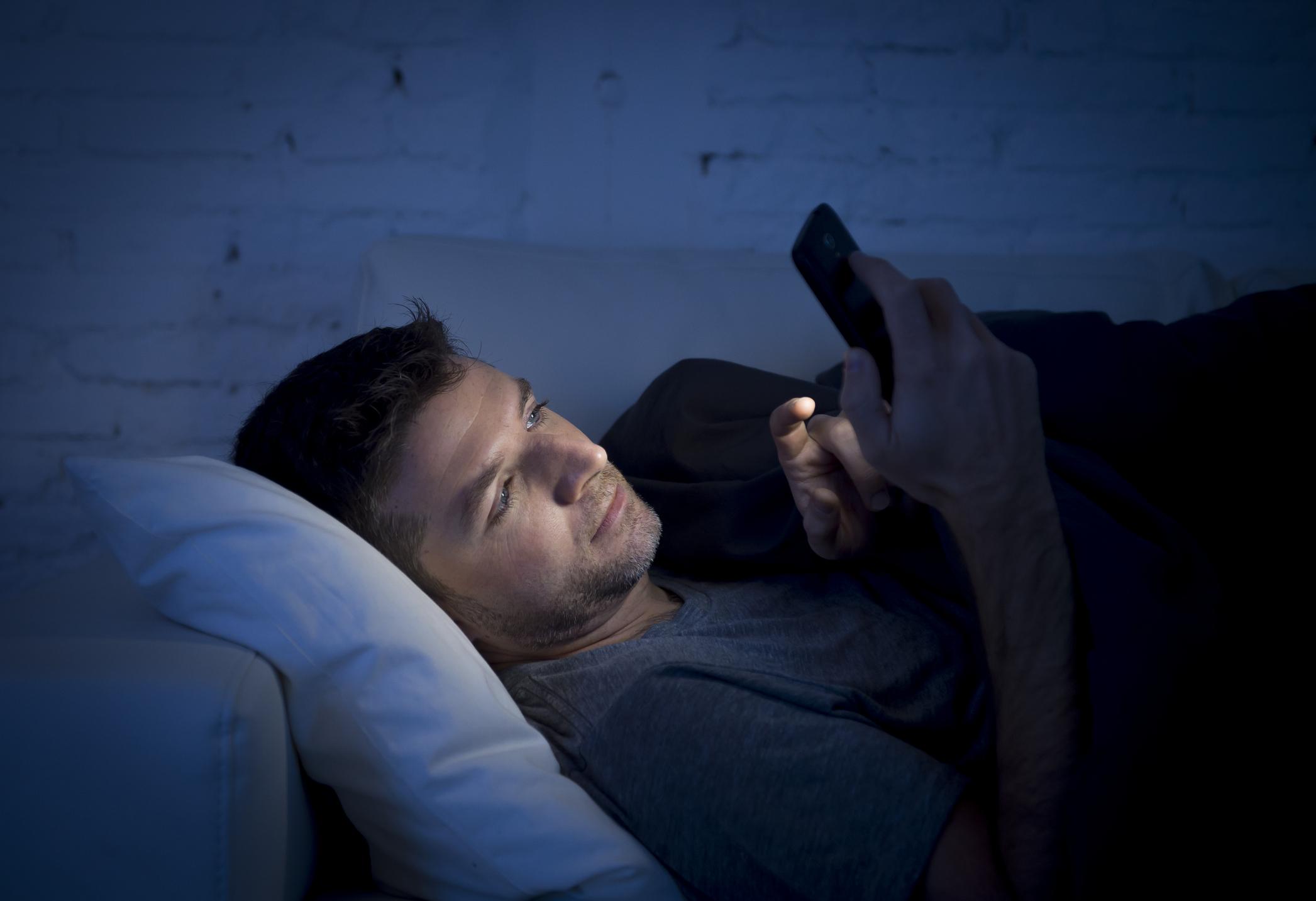It was already known that prolonged exposure to screens and blue light disrupted sleep and eyesight. A new study is driving the point home: blue light would have irreversible consequences on the eyes. Particularly among the youngest.
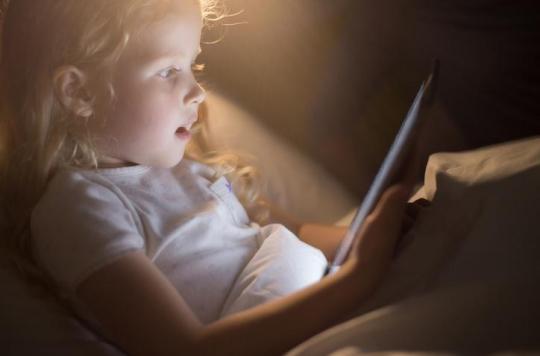
Smartphones, tablets, computers and even reading lights… Screens are an integral part of our daily lives. We know that these screens diffuse blue light because of the LEDs, these little light-emitting diodes. Scientists have already shown that this blue light can disrupt the sleep and promote myopia, especially among young people. An American study, published in early July in the journal Scientific Reports, shows how long exposure to screens can destroy the retina.
A molecule that becomes toxic
When we look at the screen of our computer, television or tablet, light activates the photoreceptors in our eyes. These are cells that sense light. Blue light activates a molecule in these photoreceptors called retinal. The problem is that with prolonged exposure to screens, the retinal becomes toxic.
It damages the photoreceptor membrane and ultimately destroys it. Little by little, the photoreceptors disappear. These do not regenerate. Consequence: it speeds up age-related muscle degeneration (AMD), which is already the leading cause visual impairment in French people over 50.
We must protect children!
The young are at the heart of the problem. First, because children spend most of their lives in front of screens. Also and especially because their lens does not filter blue light at all. They are therefore exposed to risks for their vision, but also for their sleep, their weight and the development of their brain.
The researchers do, however, raise the possibility of a treatment. They place their hope in a molecule called tocopherol. Derived from vitamin E, it prevents the death of photoreceptors. The latter could be applied in the future in the form of drops.

.









